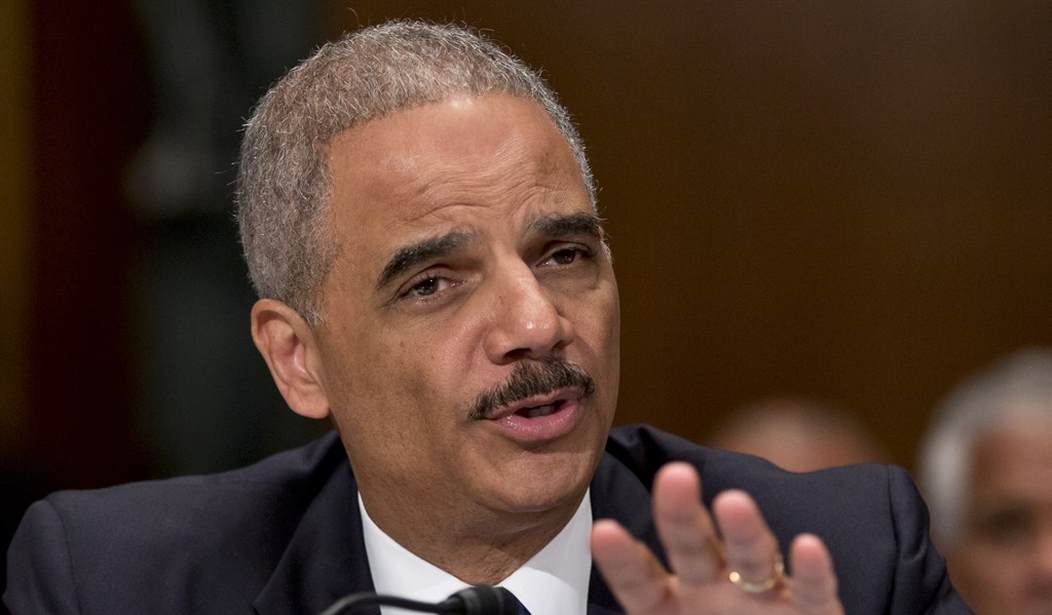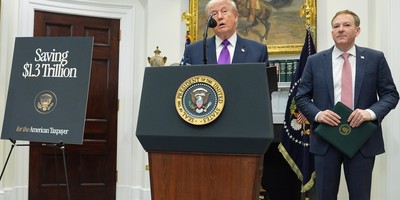Late last week news broke of a connection between grenades illegally trafficked from the U.S. into Mexico by Jean Baptiste Kingery and the murder of Mexican police officers. Years ago, Kingery was suspected of trafficking parts for grenades into Mexico and then building explosives for cartels.
An incident report detailing a fire fight between Mexican police and cartel members states, "Jalisco State Police Officers murdered during a shooting with members of the Cartel de Jalisco Nueva Generacion in Tepatitlan, Jalisoc, MX. In the late hours of October 10, 2013, officers with the Jalisco State Police engaged in a shooting with members of the cartel de Jalisco Nueva Generacion in Tepatitlan, Jalisco. During the shooting, three Jalisco State Police Officers were killed, including the third in command of the Police Department, and three others were injured. Elements of the State Police received fire from a .50 caliber rifle and at least 10 hand grenades, the evidence of one being reported as a "Kingery" grenade. It is also being reported that nine firearms were recovered from the scene during the post incident search. ATF MCO is awaiting further information in order to submit urgent trace requests to the National Tracing Center as well as attempting to receive more information from contacts within the Jalisco Police Department."
In the story last week, it was stated ATF agents 'let grenades walk' into Mexico, which is incorrect. In fact, ATF agents had a full confession from Kingery stating that he was supplying grenades to Mexican cartels after trafficking parts to build them once inside the country. ATF agents had plenty of evidence, wanted him prosecuted and even described him as a terrorist.
Recommended
"At no point did ATF ever knowingly let this guy walk grenades. He never had live grenades while he was under surveillance. The stuff he had is not illegal in the United States. The only time it is illegal is when it's crossing the border," Special Agent Peter Forcelli said. "They were just parts, they weren't whole grenades."
At one point, Kingery was arrested by ATF agents as he tried to cross into Mexico, but the case was dropped by the Department of Justice under orders from former U.S. Attorney Dennis Burke and former Assistant U.S. Attorney Emory Hurley.
As a refresher:
"[U.S. Attorney] Emory [Hurley] shat on a couple other significant cases we were working on, including a case on grenades," Forcelli says. "In the grenade case, a suspect named Jean Baptiste Kingery was believed by Forcelli and other agents to be sending grenades out of the country, trafficking parts for grenades into Mexico, and then building explosives for the cartels.
"Their advice was, under no circumstances, do not let him leave the country but, if you catch him leaving the country, we won't prosecute him," Focelli explains. "They tied our hands."
Eventually, Kingery was arrested by ATF agents as he tried to cross into Mexico with grenade parts and components packed in his tires. Forcelli received a full-blown confession from Kingery. The suspect reportedly admitted that he had been making grenades for the cartels and smuggling explosives across an international border. Instead of a prosecution from Burke of Hurley, they dismissed the case and Kingery went free.
"The only hands the U.S. Attorney's Office handcuffed in the Kingery case were the hands of ATF," Forcelli recalls. "In my opinion, dozens of firearms trafficking cases were given a pass by the U.S. Attorney's Office for the District of Arizona."
"Despite the existence of 'probable cause' in many cases, there were no indictments, no prosecutions, and criminals were allowed to walk free. In short, their office policies, in my opinion, helped pave a dangerous path."
ATF agents did their job in trying to stop Kingery and grenade parts, which would eventually be assembled into explosives, from going south into Mexico. Department of Justice attorneys Burke and Hurley set him free and ignored the case for years, resulting in the murders of multiple Mexican police officers last week. Kingery is now being held and prosecuted in Mexico by Mexican authorities after his grenade mill and factory was located near Mazatlan. After a search warrant was executed, authorities found Kingery had trafficked enough material to build 800-1000 grenades. He's facing 40 years in a Mexican prison.
The Office of the Inspector General is conducting an investigation into how the Kingery case was handled, it's expected to be released soon.

























Join the conversation as a VIP Member